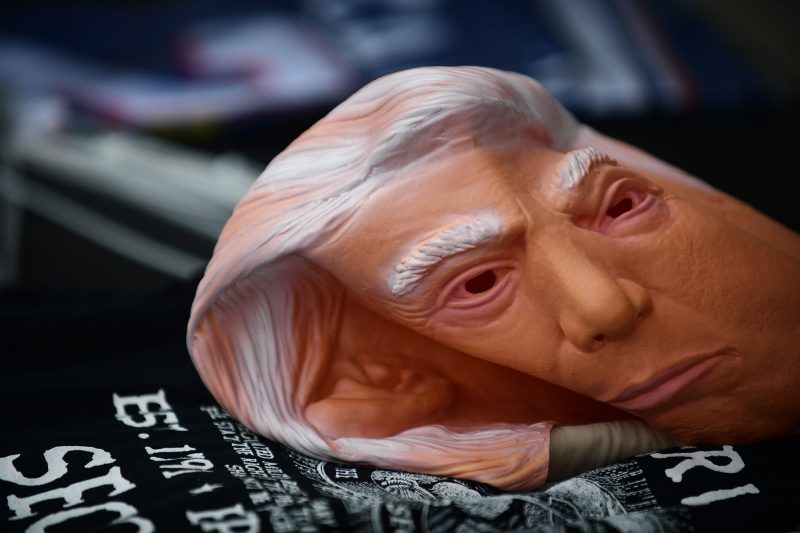In recent years, former president Donald Trump has been known to weave a narrative of victimhood around himself, positioning himself as the target of alleged electoral interference. It is crucial and insightful to discern the significance of such stances since these narratives can have far-reaching political implications. Understanding Trump’s victim rhetoric as a clear and calculated strategy provides the opportunity to consider the wider implications for the US democratic process itself.
The notion of playing the victim is not a new strategy within the political sphere. Politicians often present themselves as subjects of attack who are battling against the odds, thereby triggering a surge of empathy from their supporters. In Trump’s case, his claims on election interference could be seen as an attempt to consolidate his support base and delegitimize negative electoral outcomes.
It is hard not to notice the mastery and bravado with which Trump played the victim card around election interference. In the aftermath of the 2020 presidential election, the former president’s constant complaints about election fraud allowed him to position himself as the victim of an allegedly corrupt and biased electoral system. It also allowed Trump to entrench theories of a ‘stolen’ election within his loyal base, adding fuel to his repeated assertions of being targeted by the ‘deep state’ or ‘fake news’ media.
Undeniably, Trump’s victim strategy is effective to an extent. The underlying genius is that it keeps his name in the public consciousness. The contentious issues he speaks of keep him in the news cycles, continuing his conversations with the American public. By contrast, the lack of concrete evidence backing his allegations indicates a more transparent ploy to play the victim, rather than a legitimate claim that ought to be fully investigated.
However, it’s important to mention that these unfounded allegations have repercussions far beyond their instrumental value to the Trump campaign. By constantly undermining the electoral process, Trump’s rhetoric not only stirs up his supporters but threatens the credibility of the democratic system as a whole. Experiences from countries worldwide show that faith in the democratic process is integral to its functionality and stability, and such trust can be eroded by sustained allegations of corruption or foul play.
In the case of Trump’s narrative, it also carries an inherent danger of creating a lack of faith in democratic institutions. This can lead to the downhill slope of citizens feeling disheartened and delegitimized, causing them to withdraw from active participation. It’s a paradoxical situation where the very basis of a democracy – the power and the voice of the people – is potentially being






























